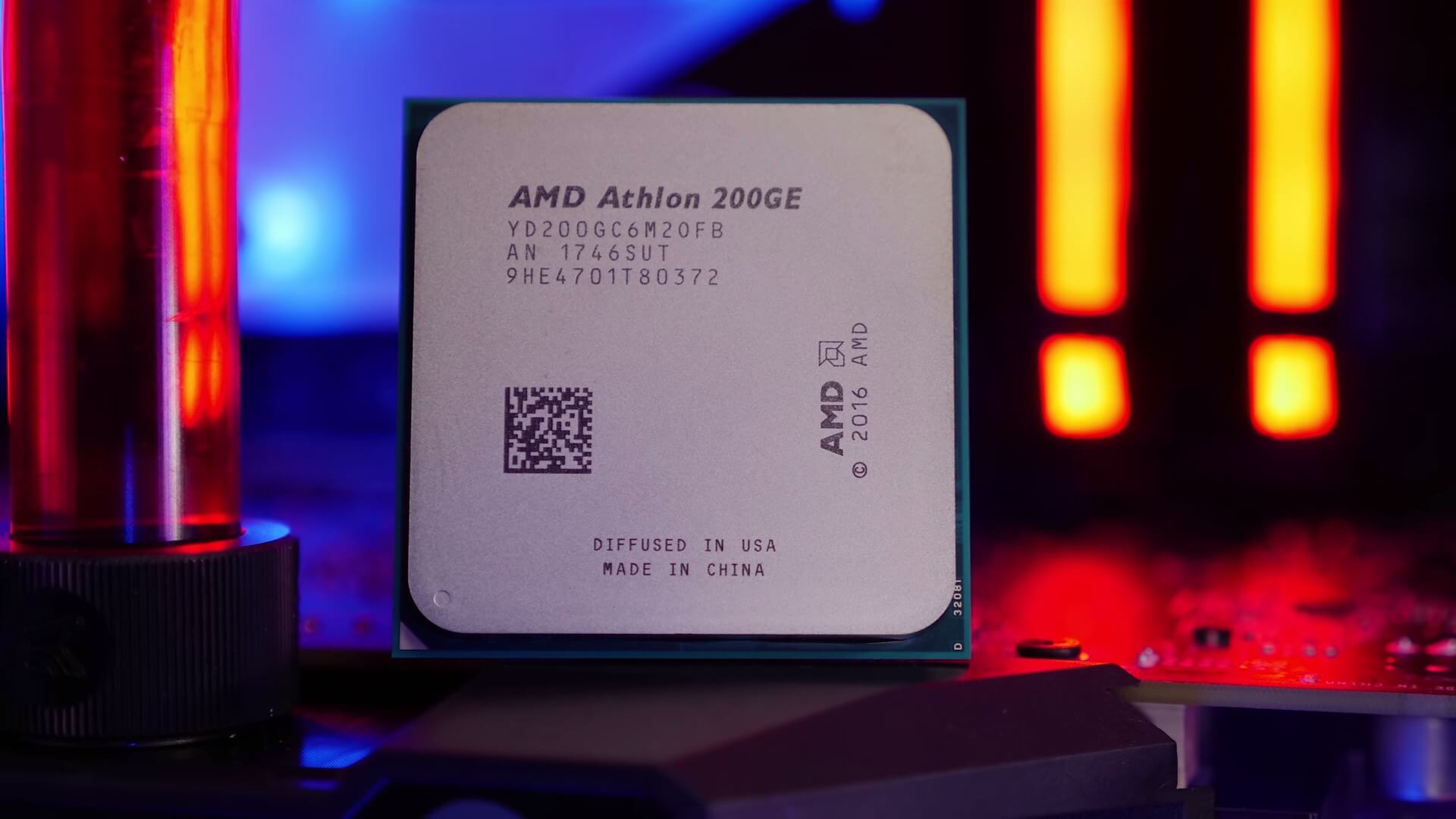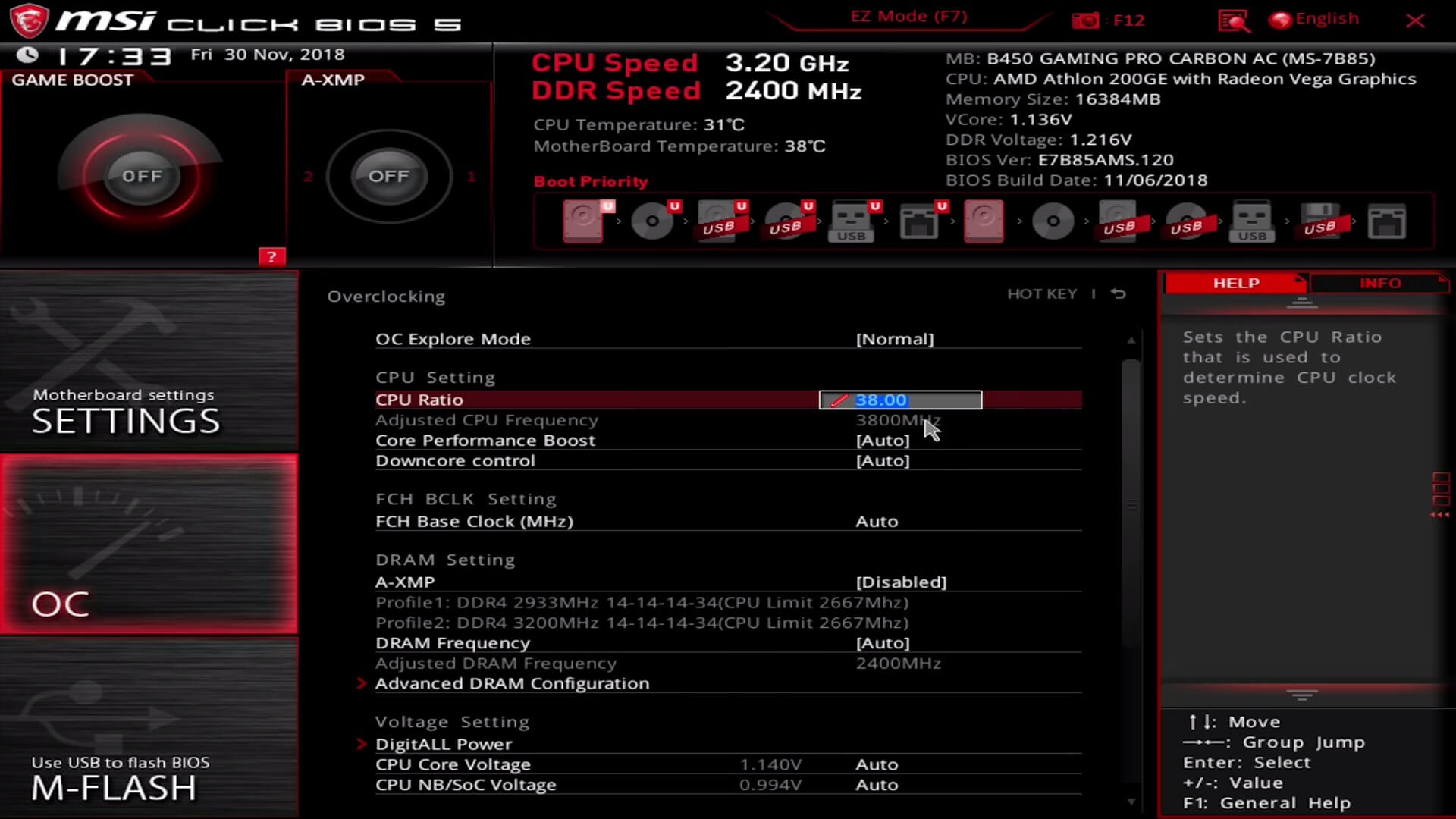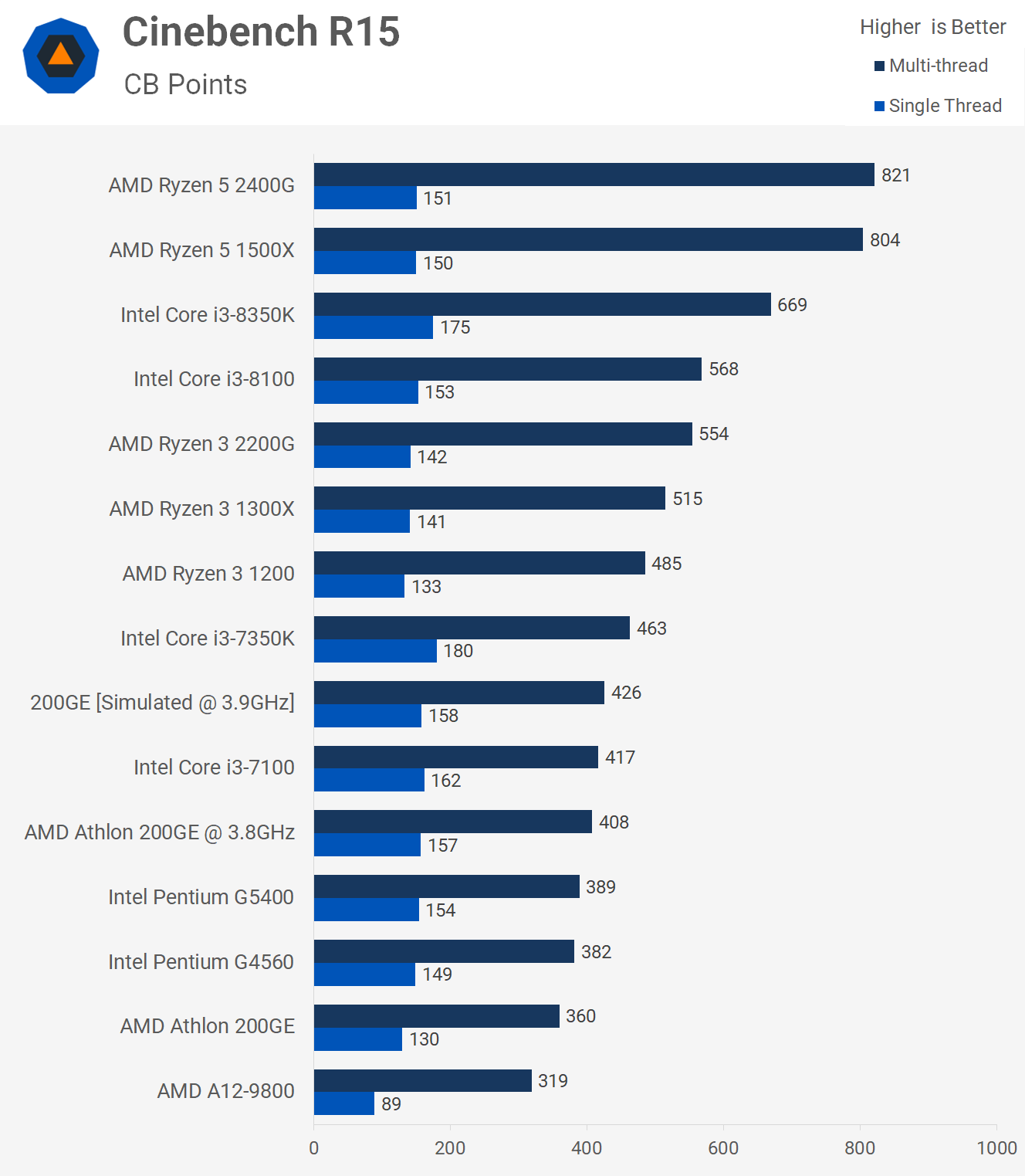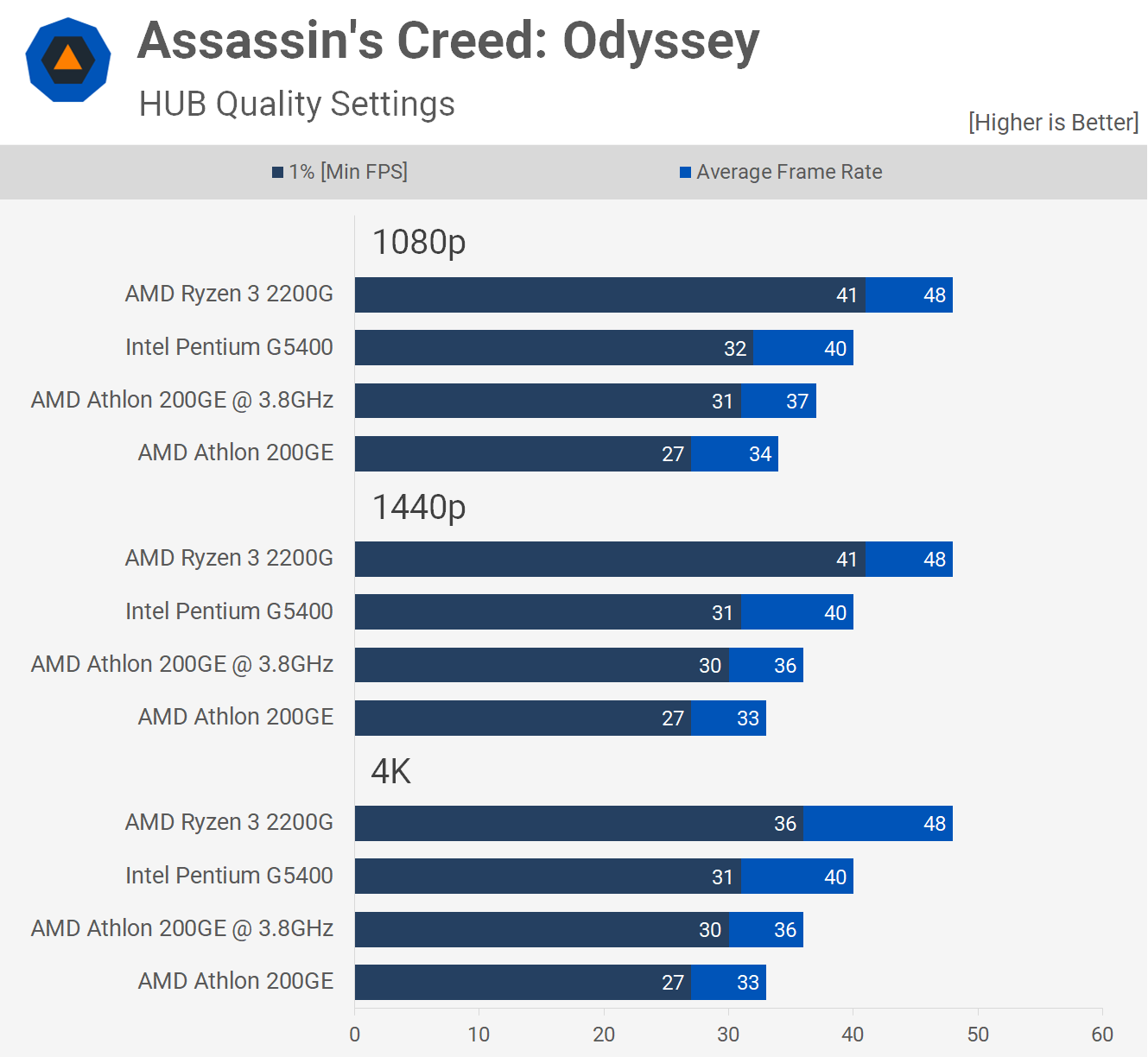Overclocking the $55 AMD Athlon 200GE CPU
Thank you, MSI!
In an unexpected turn of events, it’s now possible to overclock the otherwise-locked Athlon 200GE processor that currently sits as the least expensive Zen-based chip you can buy, selling for about $55. In what appears to be a slip up by MSI, about two weeks ago the component maker released a new BIOS for their full range of AM4 motherboards to include support version 1.0.0.6 of AMD’s Generic Encapsulated Software Architecture, otherwise known as AGESA.
This latest version improves memory support by enhancing overclocking and compatibility, it also adds a virtualization-related feature that enables the ability to manually assign PCIe graphics cards within IOMMU groups.
Improved memory support is great, of course, but today we’re exploring Athlon 200GE overclocking which has been inadvertently enabled across MSI's AM4 motherboard lineup.

We’ve tried a handful of Asrock B350 and B450 boards, but none enabled 200GE overclocking. However, all MSI AM4 boards do, and we've confirmed this ourselves from budget B350 boards right up to the higher-end B450 models such as the Gaming Pro Carbon, for example. We've yet to try additional Asus or Gigabyte boards, we'll give them a shot soon but so far reports are only coming in from MSI owners. Surely, MSI has made a mistake here, but a happy accident for budget enthusiasts it would seem.
With the genie out of the bottle, there is little MSI or AMD can do to put it back in. MSI can certainly lock the 200GE back down with a future BIOS revision, but that won't change the fact that you can flash the current November release and overclock all the same. With the AGESA 1.0.0.6 firmware installed on an MSI motherboard you simply need to enter the BIOS and apply a standard multiplier overclock.
Our 200GE wouldn’t post at 4 GHz, it did post at 3.9 GHz but even with 1.4v wasn’t completely stable in Windows. At 3.8 GHz it was 100% stable with 1.35v, so that’s where we decided to test.

DDR4 memory is still locked down, so we were limited to DDR4-2666, but you can tune the timings to improve performance there. For testing though CL14 memory was used since that’s not overly expensive in 2400 to 2666 speeds.
Compared to stock clocks we were able to increase the core frequency by 19% from 3.2 GHz to 3.8 GHz. Not an earth shattering increase but every little bit is really going to help the $55 Zen processor. Unfortunately we don’t have the 200GE box cooler on hand, so the Wraith Stealth was used for this overclock. Nevertheless we suspect that the box cooler will facilitate this overclock as the Wraith Stealth peaked at just 59 degrees after an hour long Blender stress test with an ambient room temperature of 21 degrees.
For testing, we used a Gigabyte RTX 2080 Ti. Yes, it’s an unrealistic GPU to pair with this CPU but for the purpose of removing any GPU bottleneck and be able to later compare this data with that of the higher-end CPUs, we went this way. Then of course the entire point of testing and comparing these CPUs is to test CPU performance, not low end GPU performance. So with all that made clear, let’s jump into the results.
Benchmarks
First up we have Cinebench R15 and here we see our 19% overclock has improved the multi-threaded score by 13%, not bad. This is just 4% lower than our simulated 3.9 GHz overclock using the Ryzen 4 2400G with half the cores disabled. It’s worth noting that this overclock allowed the 200GE to overtake the Pentium G5400 by a small margin.

Testing with Corona shows a mere 7% time reduction for the render test, not amazing but it does place the 200GE much closer to the Pentium G5400 in this test.


Running our overclock though the Blender render test shows a more impressive 14% reduction in render time and places the 200GE miles ahead of the AVX-lacking Pentium G5400. Good stuff, but now it’s time to check out some games.

Testing with Assassin's Creed Odyssey we see that the overclocked 200GE offers a 9% boost for the average frame rate and a much needed 15% boost to the frame time performance. The game played noticeably smoother with the 200GE overclocked, so while the gains don’t seem that significant, they really are.


Aucun commentaire